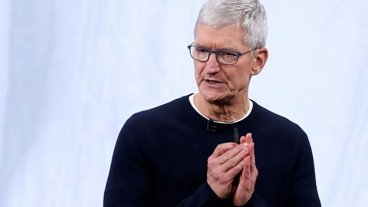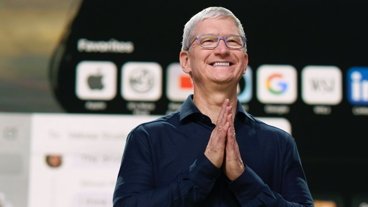iPhone X doomsayers lack basic reading comprehension skills (or they're purposefully dishonest)
Assorted media venues lit up when AppleInsider, based on actually reading an analyst's note, reported that the current iPhone X may be discontinued after one year. Unfortunately, many of those reports failed to accurately convey the substance or context of the rumor, instead opting to weave a narrative they seemed intent on telling.
Sensational headlines based on AppleInsider's reporting of a research note from Ming-Chi Kuo sprouted up in the days after the report. We aren't going to delve too deeply into the gross mischaracterizations that were spewed forth, but the basic assumption was that the iPhone X is a failure, and Apple is doomed.
Stop us if you've heard this before.
They all linked back to AppleInsider's report. However, it was clear as the story progressed through the internet that various publications only read (or possibly skimmed) the last report they saw, wherever they saw it. Along the way, "hot takes" were added with links back to AppleInsider, without accurately reporting what AppleInsider had written.
What do you say to somebody whose seen a piece on the failure of the iPhone X and the fate of Apple because of it on the mainstream media network of their choice?
When I was a child, we played a game called "Operator," sometimes known as "Telephone," depending on where you grew up. In the game, child would come up with a phrase, and whisper it once to the one next to them. Memorably, about forty years ago in a church gathering room in Massachusetts, a phrase that started as "may the Force be with you" ended up 20 kids later as "dead camels make good gravy."
As it turns out, iPhone X "failure" reports make good gravy, too. Or at least good internet traffic fodder.
The truth of the matter is, every large Apple-specific venue reported on the note that we all saw. We all said essentially the same thing. But, one mainstream media venue latched on to AppleInsider's account whispered in an ear 18 times.
Rather than checking the original report, they were happy being the next kid in line, telling a far more fanciful story than the original. They didn't mind not seeing the analyst note in question, nor do they seem to have attempted to check what other sites — who actually had the note — wrote about it.
Symptom of a larger problem
At one point, the internet landscape was dotted with Apple-specific news sites. AppleInsider, a staple of the community since 1997, is one of the last of its kind.
Years later, with Apple's success has come the regular media's attraction, leading, in part, to the demise of specialty media, because of the ease of finding news about the company.
But, the mainstream media still relies on sites like us — and that's part of the problem. Instead of getting some notes themselves, they use our reports to try and suss out what the original report said. Frequently, they then write their own interpretation, once removed — or more.
As you can expect, this almost never ends well, for anybody involved.
Jack of all trades, master of none
Mainstream media can't cover Apple the way that AppleInsider and its cohorts do. Sure, they see the value in rudimentary coverage by somebody who may have used an iPhone or iPad once, but other than a few exceptions, they aren't generally that interested in context.
A number of factors have led to the Apple-specialty media consolidation, and Apple faithful have suffered for it. Because of the barely-accurate mainstream media drive into Apple news, and the side-effects of that push leading to closures, there are fewer examinations of what makes Apple products fun.
So, now, there are fewer deep-delves into eGPUs and similar technologies. Far fewer discussions of USB-C hardware and licensing matters than there could or should be. No looks at why the iPhone 7 Plus took longer to get to market than it might have outside of some mythical Apple mishandling of the situation, and it would have taken far longer for them to suss out where "Project Titan" was based — if they bothered to look at all.
What about that note?
Here's how the process goes with research notes from stock analysts, and other market watchdogs.
Generally, we get research notes at the same time as everybody else. What we don't do is report on them second-hand — we'll ask for them, and then write about it, even if it means we're later than other venues. Simply, if we don't have the note, good or bad, we're not inclined to write about it.
This isn't a hard concept to grasp. It's a basic tenet of reporting.
We do periodically get some things wrong. In the piece in question, we said that if the iPhone X was removed from the line after one year and not retained as a lower-cost option, it would be the first time it had happened. It was later pointed out that the iPhone 5 was axed from the lineup with the iPhone 5s and iPhone 5c debut.
While that's not entirely correct (you could buy an iPhone 5 new from Apple for about six months afterward) they did strike it from the main page as an option. You had to click the "buy" button to get offered an iPhone 5 for $50 more than the corresponding iPhone 5c configuration.
Tie goes to the reader. We'll take the hit, but I remain curious if the venues who interpreted our report badly will do the same.
Voice of the resistance?
In the late '90s, when AppleInsider was formed, it was hard to find news about the company or its hardware. The term "beleaguered" was thrown around a lot. Of course, this was before the second coming of Jobs, and all that entailed, good and bad.
That was hundreds of billions of dollars of sales ago, and about two decades past. Apple is in a different place now, making arguably the most popular and most profitable line of smartphones after essentially inventing the market.
If you've gotten this far, you might have been asked about the report about the iPhone X being discontinued, and why Apple is doomed. We never said that. The analyst who was the source of the rumor, Kuo, never said that either. Why the other venues took that from the report is, frankly, baffling.
What do you say to somebody whose seen a piece on the failure of the iPhone X and the fate of Apple because of it on the mainstream media network of their choice? You tell them to go to the source.
We're still here — and we had the original note.
 Mike Wuerthele
Mike Wuerthele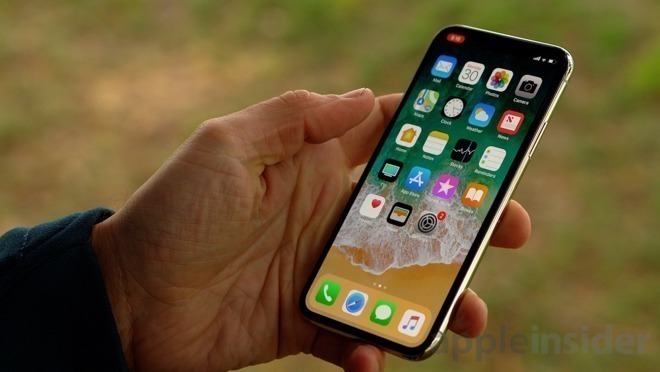
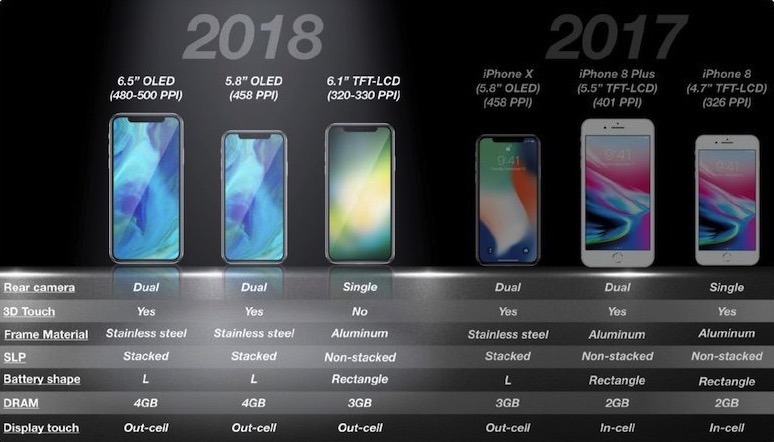











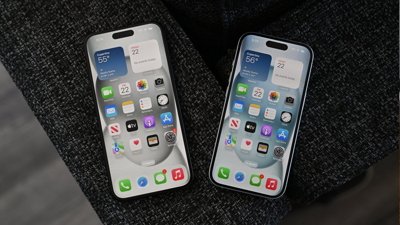
 Malcolm Owen
Malcolm Owen
 Amber Neely
Amber Neely
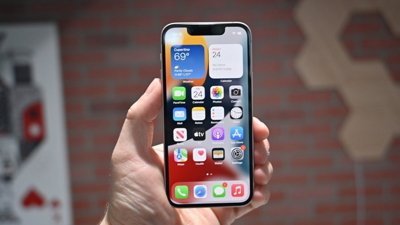
 William Gallagher
William Gallagher

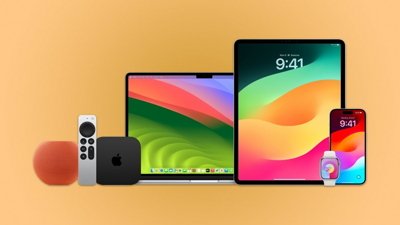
 Andrew Orr
Andrew Orr
 Christine McKee
Christine McKee
